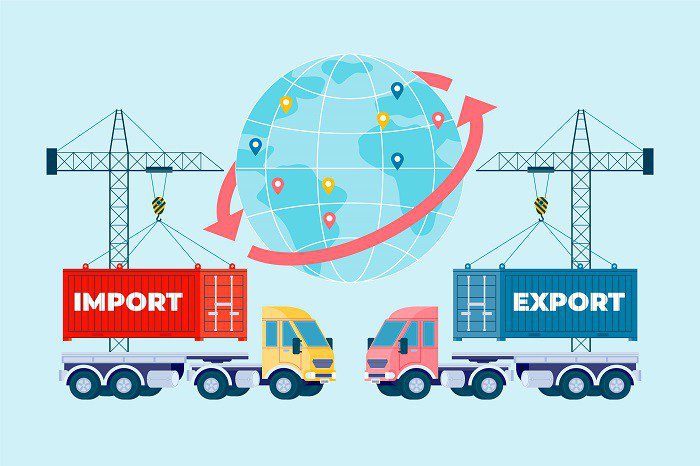
Optimizing freight shipments has become essential for success in today's quickly changing business environment. The logistics sector continues to experience advancements as we head into 2024, driven by technological change, environmental concerns, and customer demands. Businesses must implement cutting-edge strategies to streamline their freight operations to remain effective and competitive.
This article will review straightforward yet effective 2024 freight shipment optimization strategies.
8 Effective Freight Shipment Optimization Streategies
Embrace Digital Freight Platforms
The days of only using conventional techniques to manage freight shipments are long gone. The development of online freight platforms provides a one-stop shop for complete logistics management. Real-time tracking, automated documentation, and transparent visibility are all made possible by these platforms, which enable seamless communication between shippers, carriers, and consignees. You can increase productivity, decrease manual errors, and improve decision-making by integrating your operations with a digital freight platform.
Implement AI And Machine Learning
The logistics industry is changing due to artificial intelligence (AI) and machine learning (ML) technologies that offer actionable insights and predictive analytics. These tools analyze historical data to forecast demand, streamline routes, and efficiently allocate resources. By using AI and ML, you can enhance overall freight management, forecast supply chain disruptions, and make wise decisions.
Opt for Intermodal Transportation
Intermodal transportation is expected to become more popular in 2024 as a viable and economical choice. Transit times and transportation costs can be decreased by integrating different transportation methods like rail, road, and sea. Intermodal solutions also support the growing emphasis on environmental responsibility by lowering carbon emissions.
Leverage Blockchain Technology
The logistics industry is undergoing a revolution thanks to blockchain technology, which offers tamper-proof, transparent, and secure records of transactions and shipments. As a result, there are fewer chances of disputes and fraud because of its decentralized nature, which guarantees that all interested parties have access to accurate, up-to-date information.
Blockchain implementation in freight shipments can improve partner trust, streamline documentation procedures, and speed up customs clearance.
Prioritize Sustainable Practices
Optimizing freight shipments necessitates using environmentally friendly procedures as sustainability gains popularity. To reduce the number of trips and cut down on carbon emissions, take into consideration consolidating shipments. Cooperate with transportation companies that use fuel-efficient vehicles and prioritize routes with the least negative environmental impact. Adopting sustainable practices not only helps to create a cleaner environment but also supports consumer preferences for environmentally friendly products.
Data-Driven Decision Making
Data has become a potent tool in contemporary logistics. Utilize data analytics tools to keep track of key performance indicators (KPIs) like inventory levels, transit times, and delivery accuracy. You can pinpoint bottlenecks, improve routes, and boost the effectiveness of the entire supply chain by analyzing this data. Making data-based decisions guarantees that your freight operations are flexible and responsive to shifting market dynamics.
Enhance Collaboration With Partners
Successful freight optimization in 2024 will largely depend on cooperation between supply chain participants. Build trusting connections with carriers, suppliers, and distributors to promote effective communication and information sharing. Collaborative efforts can result in improved resource utilization, shorter lead times, and higher customer satisfaction. In order to overcome obstacles and seize opportunities together, adopt a partnership mentality.
Continuous Training And Skill Development
Investing in your workforce's knowledge and abilities is essential to maximizing freight shipments. The most recent business trends, technological developments, and best practices should all be regularly covered in training for your staff. Staff members who are empowered and knowledgeable can quickly adapt to changes, find creative solutions, and contribute to optimizing your freight operations.
Conclusion
The environment for freight shipments is changing in 2024 at a never-before-seen rate due to technological advancements and shifting market dynamics. Businesses must adopt a comprehensive strategy to optimize their freight operations to stay profitable and effective. By utilizing digital platforms, leveraging AI and ML, giving sustainability top priority, and promoting collaboration, you can successfully navigate these changes. Always strive to improve, be flexible, and be dedicated to providing value to your customers and the environment. This is the secret to successful freight optimization.





 Get instant quote
and compare offers in real time
Get instant quote
and compare offers in real time